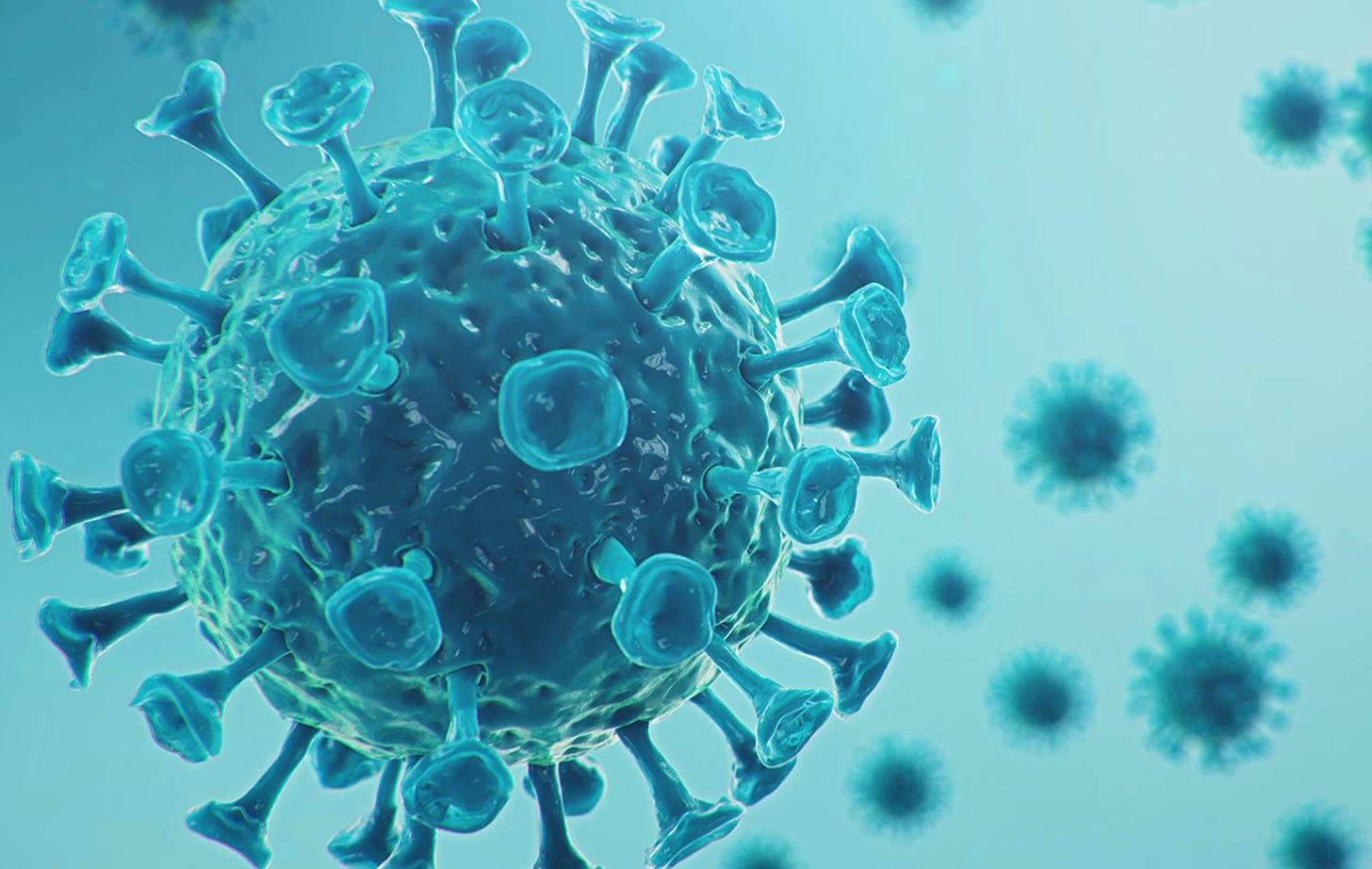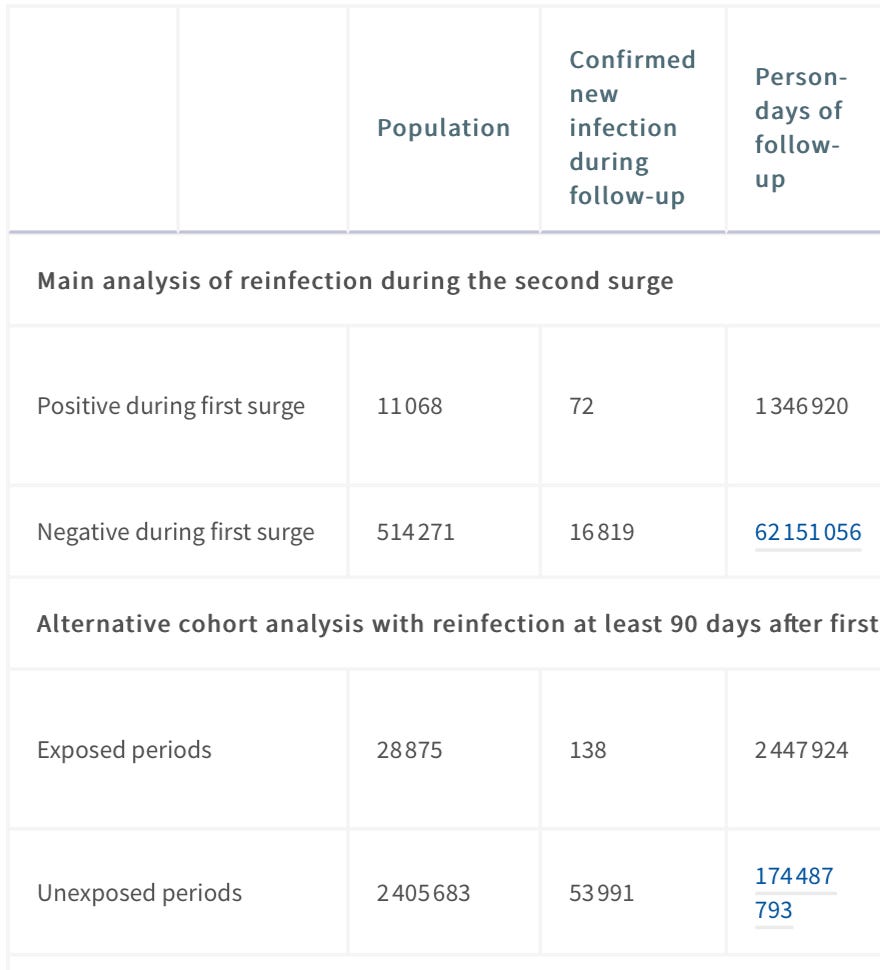Denmark’s very robust testing regime has provided an avenue to try and better understand how long someone who has had COVID is immune from getting it again.
Researchers at the Danish Staten Serum Institut did a population level study analyzing over 10-million PCR COVID tests, covering some four-million people, from the first wave in the spring in 2020 to the second wave in the fall.
The study results were published in The Lancet today and you can read it HERE.
The researchers found reinfection to be very rare with just 0.65% of people who tested positive in the spring getting COVID again in the fall. So if you tested positive in the spring you were five times less likely to be reinfected with COVID later.
The study says this corresponds to an 80.5% protection against reinfection.
Due to the speed at which Denmark established and then expanded its testing capacity, researchers were able to do a deep dive into detailed data. It determined there were no differences in reinfection between men or women. However, there was a big different when it came to age. The study found that among people over the age of 65, protection against reinfection was estimated to be much lower, just 47%.
Senior Researcher Steen Ethelberg says this is troubling.
“Our study suggests that most people will be protected from being infected again for at least half a year. But not everyone is protected and especially among the elderly, our study showed something disturbing - only half were apparently protected."
Denmark’s Health Minister Magnus Heunicke hailed the research for adding important information to better understand the coronavirus and its impacts especially for seniors.
“Therefore, it is important to get vaccinated, even if you have been infected before.”
The study also found that high levels of COVID immunity among those who tested positive didn’t wane after six months. However, the larger question of how long exactly corona antibodies stick around remains unanswered.
Two studies in the U.K. found immunity could last five to six months after infection. A study in Qatar found immunity lasted for seven months. Per the published study in The Lancet today, “the exact longevity of antibody responses after coronavirus infection is still uncertain.”





